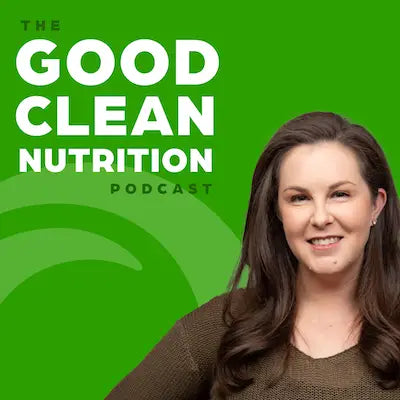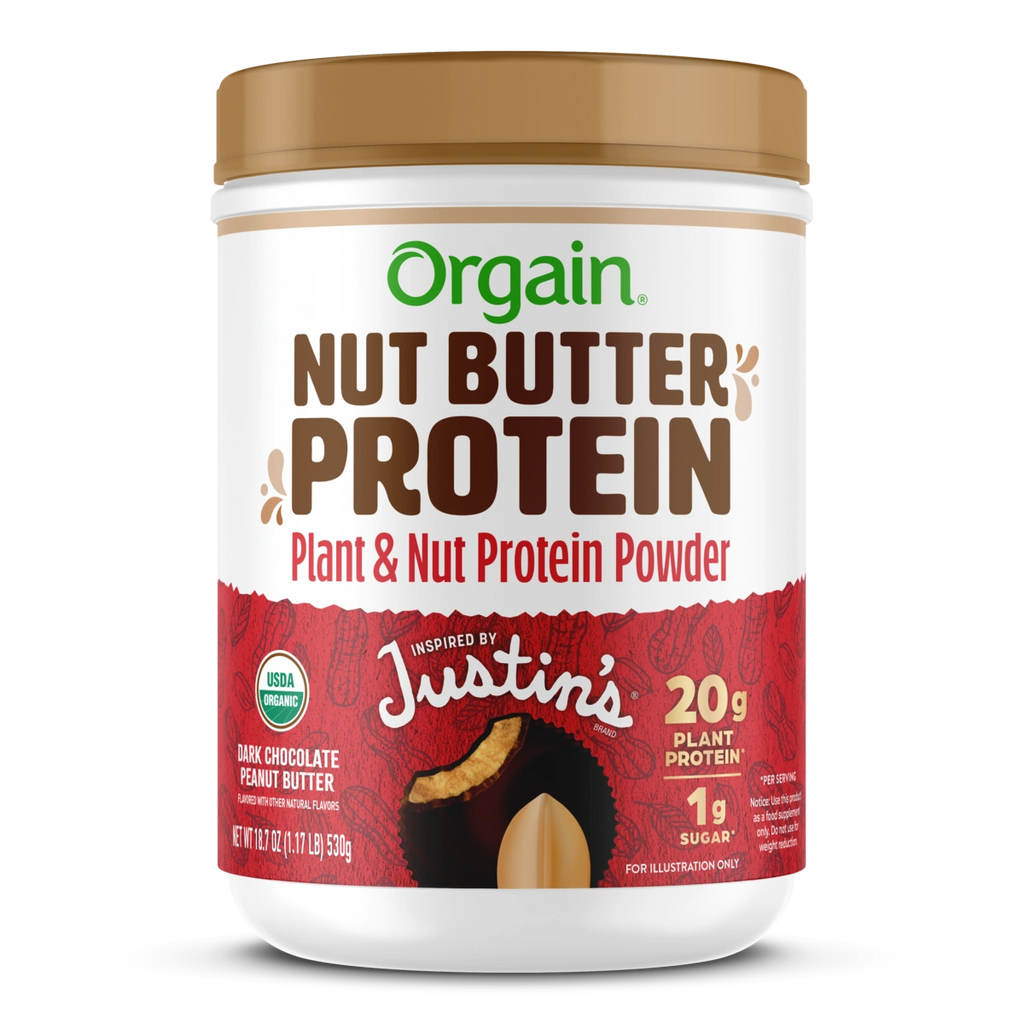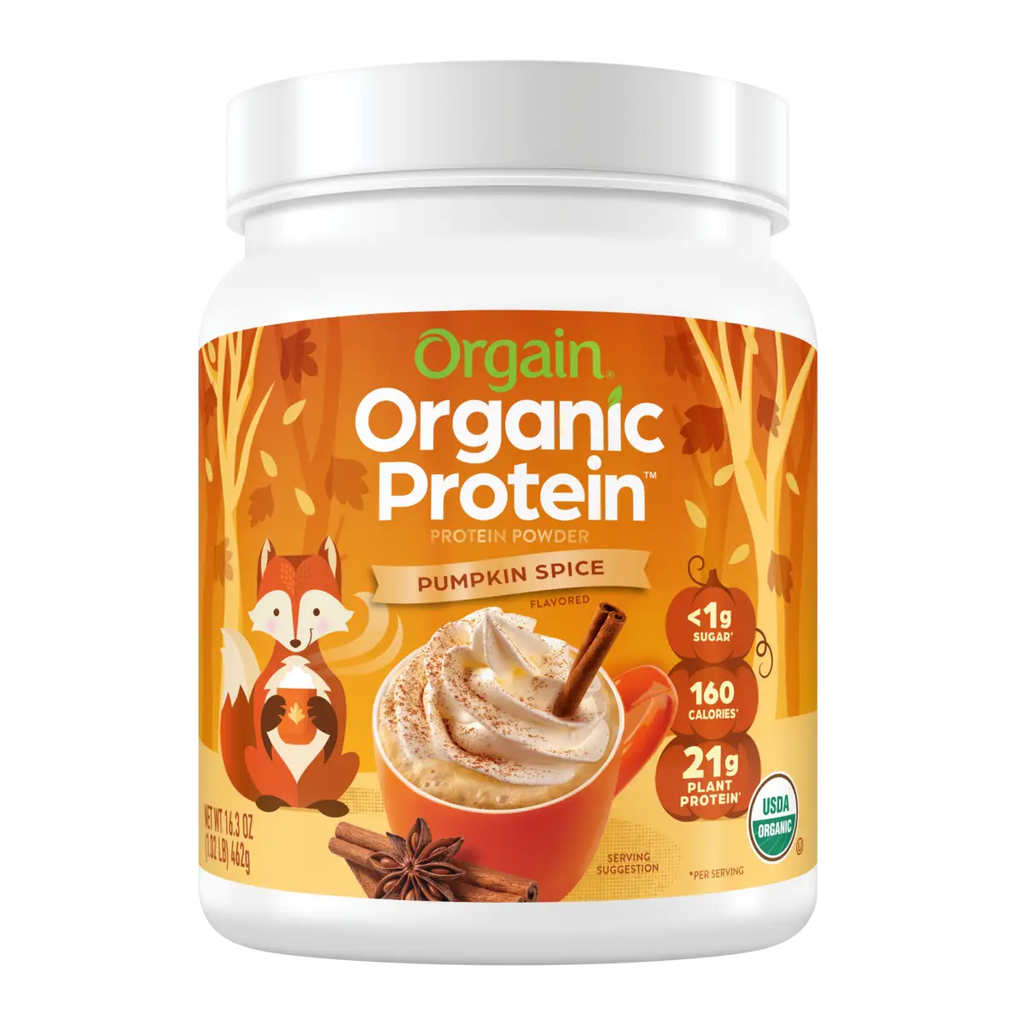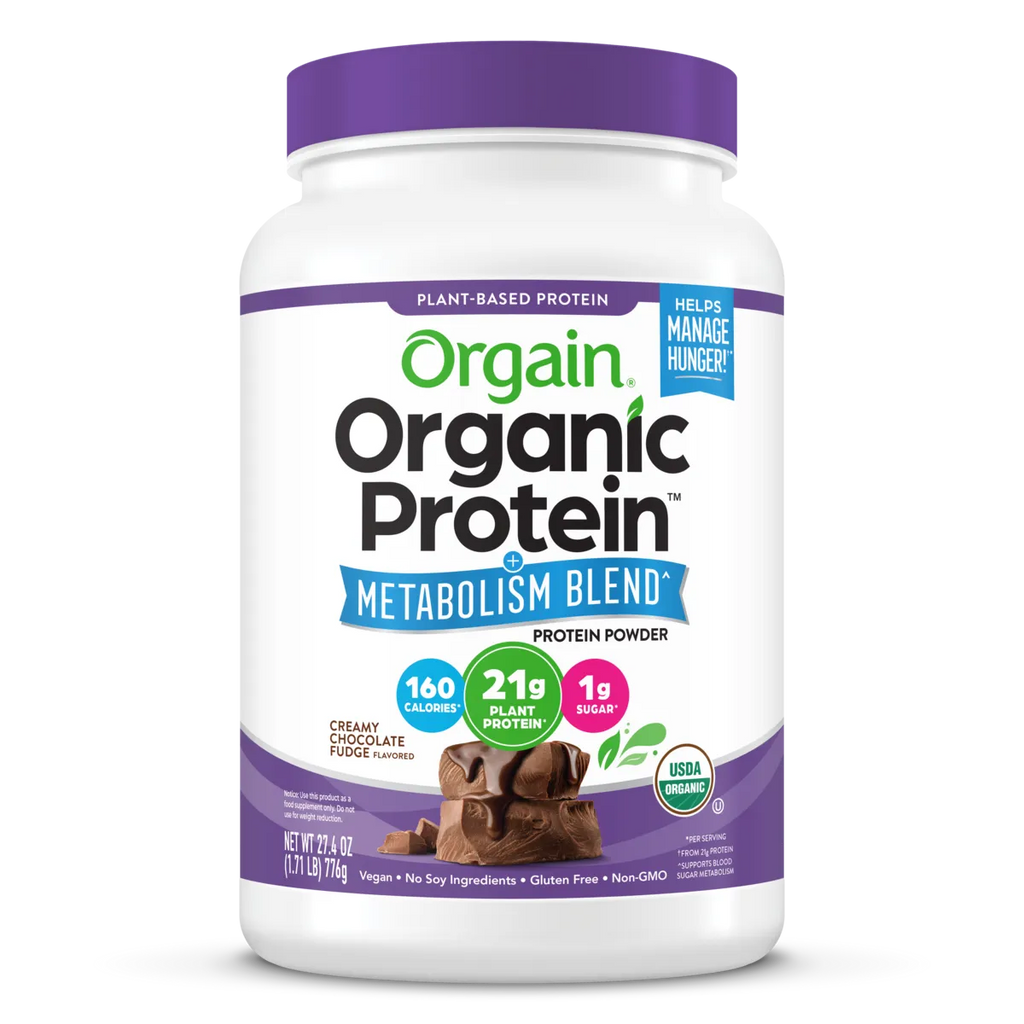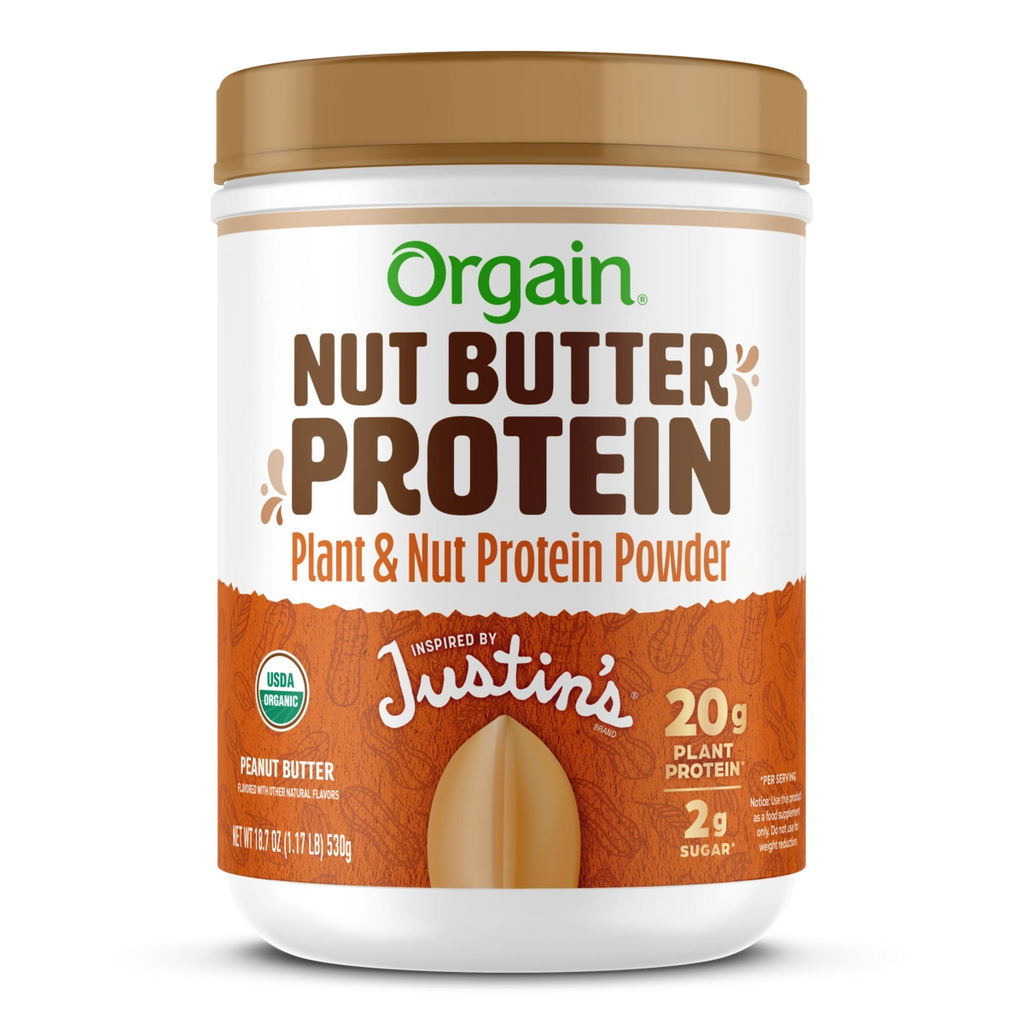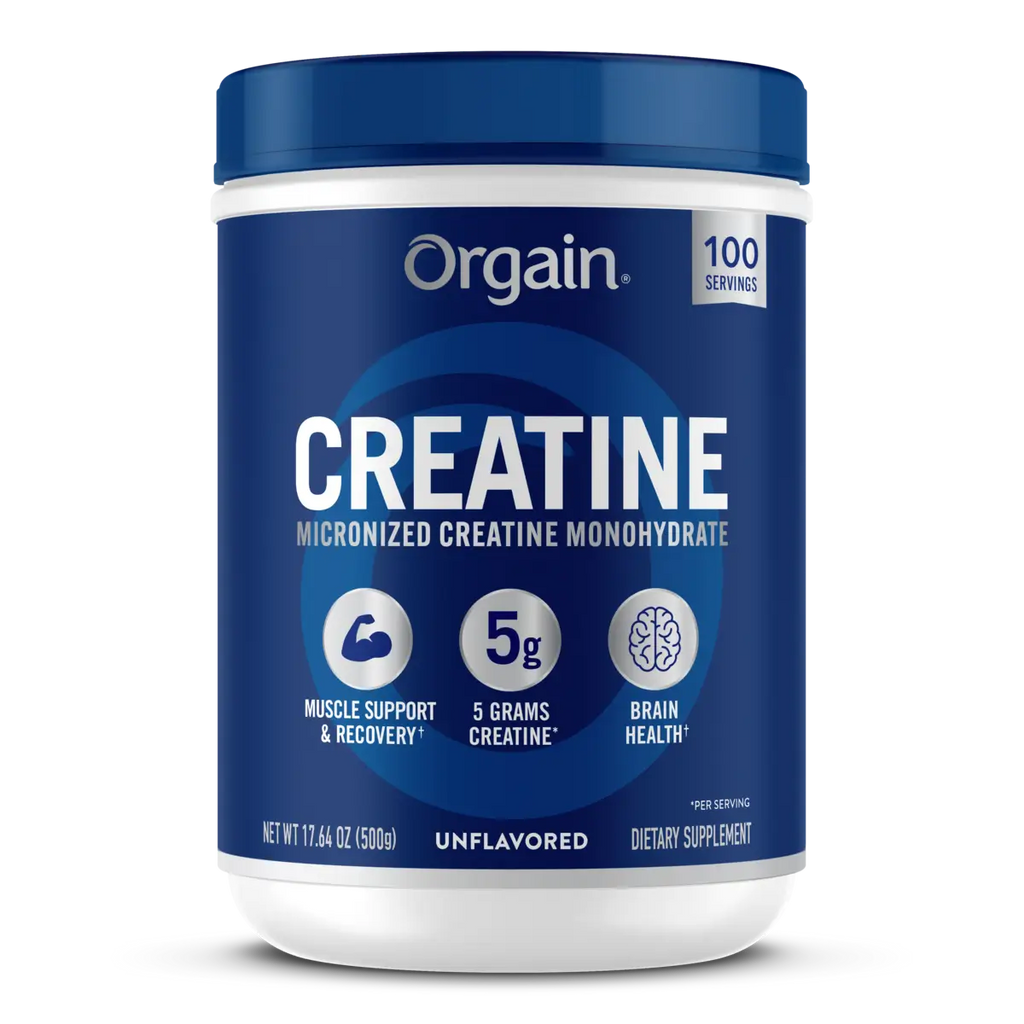The keto diet is a type of a low carbohydrate diet that has rapidly grown in popularity in recent decades as a weight loss and body composition improvement strategy.
One of the five common mistakes people make on a keto diet is eating too much protein, so how much protein should you eat on keto?
What is the keto diet?
The ketogenic diet, commonly referred to as the keto diet or simply “keto,” is an eating plan that emphasizes consuming very low levels of carbohydrates, high amounts of fat, and a moderate amount of protein. While the keto diet is commonly known as a weight loss strategy today, it was originally developed in the 1800s as a way to help control diabetes. The diet was also used in the 1920s to effectively treat epilepsy in children who were not successfully treated with medication.
The keto diet is different from other types of low-carb diets, including the Atkins, Paleo, South Beach, and Dukan diets, because it recommends a moderate protein level and high fat level, while the other diets listed promote high protein intake and moderate fat intake.
The general guidelines for following the keto diet include consuming an average of 70 to 80 percent of your daily calories from fat, 10 to 20 percent of your daily calories from protein, and 5 to 10 percent of your daily calories from carbohydrates. For a person who is eating 2,000 calories per day, following a keto diet would equate to consuming 165 grams of fat, 75 grams of protein, and 40 grams of carbohydrates.
How does the keto diet work?
The keto diet works to promote weight loss by depriving the body of glucose, which is its preferred source of energy for the cells. Glucose is obtained by consuming foods that contain carbohydrates and is used to give our cells a quick source of energy that is easily digested and absorbed. When the body does not have an adequate amount of carbohydrates, it turns to stored fat for energy. The fat stores in our bodies produce an alternative type of fuel called ketones, which can be used in place of glucose for energy.
The goal of the keto diet is to successfully deplete stored glucose, causing levels of insulin to decrease and encouraging the liver to begin producing ketones. As ketones build up in the blood, the body enters a state called ketosis in which it begins using fat for energy, leading to potential weight loss. Ketosis is a natural state into which the body enters normally during periods of natural fasting (such as while sleeping) or during very strenuous exercise, but people on the keto diet attempt to maintain ketosis for an extended period of time.
Ketosis is not to be confused with ketoacidosis, which is a state that can occur if the keto diet is not followed properly and too few carbohydrates are consumed. Ketoacidosis also more commonly occurs in people with type 1 diabetes, as they do not produce insulin, which helps to prevent the overproduction of ketones. Ketoacidosis causes the level of acid in the blood to become dangerously high and can be fatal. That’s why it is so important to consume the recommended amount of each macronutrient, including protein, while following a keto diet.
If you have questions about starting a keto diet, consult your doctor about the possible risks and benefits for your health, specifically.
How much protein should you eat on keto?
If you are trying to follow a keto diet and don’t notice the amount of weight loss or change in body composition that you expect, it may be because you’re eating too much protein. For the most part, eating lean sources of protein is associated with weight loss and a leaner body composition, but it can be problematic when following a keto diet.
If you eat too much protein while following a low carb diet, your body can actually start to produce glucose from the excess amino acids through a process called gluconeogenesis. Because your body prefers to use carbohydrates as its source of energy, it will do anything it can to get enough glucose. Without even realizing it, you could be sabotaging your weight loss efforts without even consuming excess carbohydrates simply by eating too much protein.
Keto and low-carb experts recommend that the average person consume between 1.5 and 2.0 grams of protein per kilogram of body weight, or about 0.7 to 0.9 grams per pound of body weight. This amount of protein will give your body the protein it needs to maintain your muscle mass and improve body composition without causing weight gain. Some people may need to eat more or less protein based on their age, gender, weight, and activity level, but in general, these protein guidelines will meet the needs of most people.
Five Common Mistakes People Make on a Keto Diet
There are five common mistakes that people make when trying to follow a keto diet.
#1: Eating too much protein.
As noted above, one of the most common mistakes that people make on a keto diet is eating too much protein. The body can convert the amino acids from excess protein into glucose, potentially sabotaging your weight loss efforts and keeping your body out of ketosis. For a 2,000-calorie diet, this translates to about 75g of protein at about 10-20% protein.
#2: Forgetting to replace electrolytes.
As a byproduct of ketosis, insulin levels in the body go down and the body begins to get rid of excess sodium and water. While this can be a good thing, as it helps to get rid of bloating, shedding too much sodium can cause symptoms like dehydration, lightheadedness, headaches, fatigue, and constipation. As a result, people on the keto diet need to replenish sodium and other electrolytes by adding more sodium to their diets or using an electrolyte supplement.
#3: Eating too many carbs.
The keto diet is even more restrictive of carbohydrate consumption than other low-carb diets. While many low-carb diets recommend a carbohydrate intake of between 100 and 150 grams per day, the keto diet recommends staying below 50 grams of carbs per day in order to reach ketosis. This is challenging for most people because carbohydrates are commonly found in much larger quantities in many different types of foods, including common staples like bread, rice, potatoes, and pasta. In order to maintain ketosis, your carbohydrate intake will likely be restricted to vegetables and small amounts of berries.
#4: Eating too little fat.
Eating enough fat is as important to maintaining a keto diet as eating very low levels of carbohydrates. Although some people believe that they can lose weight even faster if they cut down on carbs and fat at the same time, this strategy will leave you feeling depleted, hungry, and potentially malnourished. In order to successfully maintain a keto diet, you’ll need to get between 70 and 80 percent of your total calories from healthy fats like monounsaturated fats and omega-3 fatty acids.
#5: Giving up early.
The first few days on a keto diet can be rough as your body switches from using glucose for energy to burning fat. Many people feel under the weather for the first three to four days of the diet and experience symptoms called the “keto flu.” It may take several days or weeks for your body to fully adjust and weight loss and improved composition to appear.
Summary
While the diet can be an effective way to lose weight and improve body composition when followed correctly, many people don’t see the results they’re looking for because they inadvertently fail to follow the diet properly.
As with any diet, consult your doctor with any questions about getting started and if that diet plan is a good fit for you and your health profile.
Hopefully these tips have helped clarify where you might be falling short, and we wish you the best with your fitness and wellness goals!
Sources:
Gluconeogenesis and energy expenditure after a high-protein, carbohydrate-free diet | NCBI








